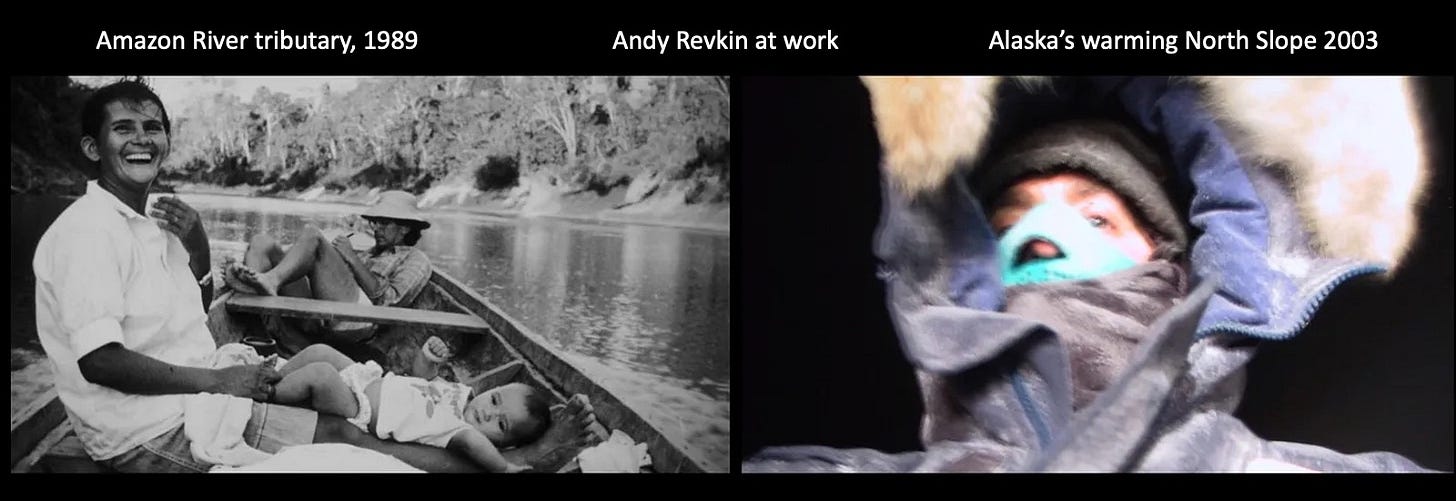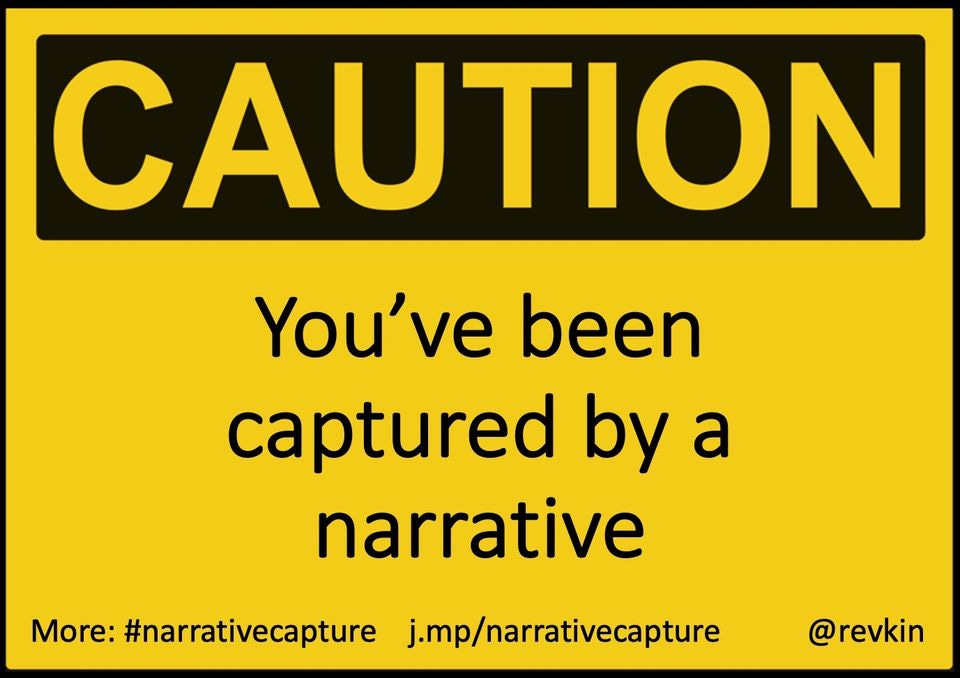Sustain What is a regular dose of sanity and substance amid the spin around climate and sustainability challenges. I’ve been on this beat since the 1980s, have won a slew of awards, yet try to keep my eyes and ears fresh and open every day. The brunt of my posts and other output will be freely available so no one is left out of the conversation for lack of money. Those who can afford a paid subscription will help me justify the time and resources it takes to maintain quality (copy editing!) and expand options like audio podcasts. Once a month or so, I’ll schedule a private web chat in which paid subscribers can meet face to face.
Why subscribe to Sustain What?
Experience matters
Drawing on 40 years of prize-winning environmental journalism, from the Amazon rain forest to the North Pole to the White House, I’m here to help you navigate tough spots on the path to building a safer human relationship with the climate, a more sustainable and respectful relationship with non-human life and constructive ways of forging cooperation, if not agreement, amid our many differences. My first magazine feature story, a 1983 deep dive revealing the global death toll from exposure to the herbicide Paraquat, won an Investigative Reporters and Editors Award. I’ve been pushing for better outcomes where people, technology and the environment intersect ever since.
Community matters
Starting in 2007 when I launched my Dot Earth blog at The New York Times alongside my regular reporting, I developed a reputation for nurturing a productive, engaged, globe-spanning community as I dug in on the news. Input from readers, ranging from tenured professors to students to progress-minded citizens, both conservative and progressive, widened my view of the world. The Dot Earth community helped break down my predispositions, introducing me to ideas and information I’d missed in my specialized reporting track (science, environment). This is why I began to call myself a “selfish” blogger. I’m learning every day.
In a 2009 NPR feature on my blogging, the noted NYU media analyst Jay Rosen said, “One day, I think all beat reporting will be done this way.”
Of course, nothing comes without tussles. That NPR article and radio report also noted how Rush Limbaugh, hearing that I’d talked about population and carbon, suggested I kill myself to “help the planet by dying.” The liberal climate blogger Joe Romm in 2011 compared me to Charlie Sheen. His Center for American Progress blog long ago closed up shop and is no longer live.
I was unfazed, of course. My second National Academy of Sciences journalism award was for my blogging, not my reporting. In the end I vetted about 100,000 comments over 2,810 posts through 2016.
And I hope you’ll follow me in part because I do make, and acknowledge, mistakes. When someone is never wrong, that should be a warning sign.
Complexity matters
My big career pivot in recent years has been from trying to write better stories to trying to foster and expand productive conversations and help those facing the biggest challenges connect with information and expertise. That’s the focus of my initiative on communication innovation and impact at Columbia University’s Climate School.
Stories matter of course. But facing a world full of intertwined, rapidly-changing and uncertainty-laced challenges — fostering energy access and blunting climate change, for instance — compelling narratives can distract as much as inform.
That’s why I warn against what I’ve long been calling #narrativecapture, which can come from without (propaganda, p.r., agenda journalism) or — worse — be self generated. In my 21 years writing for The New York Times, I saw too many instances in which the newsroom - me included sometimes - was captured by a certain narrative even as evidence tugged in different directions.
Here’s a warning label I created awhile back. Feel free to deploy it!
Those with a simple “just stop oil” message must not have visited many homes in which the only cooking fuel is wood that is collected by women or kids and, when ignited, fills their hearths with sooty toxins (p.m. 2.5) at levels higher than those generating alarming headlines in the U.S. when a wildfire erupts.
This woman I visited in central India was using a “clean” cookstove marketed by an American company seeking carbon credits for cutting wood use. Her neighbors cooking on blue-flamed propane (LPG) — the fuel under countless middle-class back-yard grills — don’t face that smoke hazard.
End fossil fuels? Not in all circumstances!
Conversation matters
Storytelling, by definition, is a one-way process. I’ve come to realize that more potential impact can come facing complex tangles of risks and opportunities through fostering better conversations and connections. (I haven’t abandoned storytelling entirely, mind you; explore my five books here.)
When the pandemic shut the world down in early 2020, I took my community building and conversation curation to a video format, launching the Columbia Climate School Sustain What webcast series that set the foundation for my dispatches under the same name on Meta’s Bulletin platform - and now here on Substack.
I’ve moderated more than 450 such discussions featuring experts and citizens from around the world and from almost every conceivable discipline, practice and art (even climate knitting). I developed, and will continue, a series I call Thriving Online - aimed at spreading and building useful practices for harnessing social media without it enslaving you.
My Sustain What posts on Substack will be informed by, and inform, those discussions going forward. And these posts and my video events will benefit by being informed by, and occasionally featuring, subscribers like you. (Suggestions are always welcomed!)
One of the great gifts I’ve had in life is my 20-plus years of friendship and music-making with the folk legend Pete Seeger. One of his greatest habits was holding his hand to his ear in mid song to urge the audience to chime in. (See the full David Rothenberg image in this relevant tweet.)
I’ll try always to keep my eyes and ears open.
~ ~
To find out more about the company that provides the tech for this newsletter, visit Substack.com.





